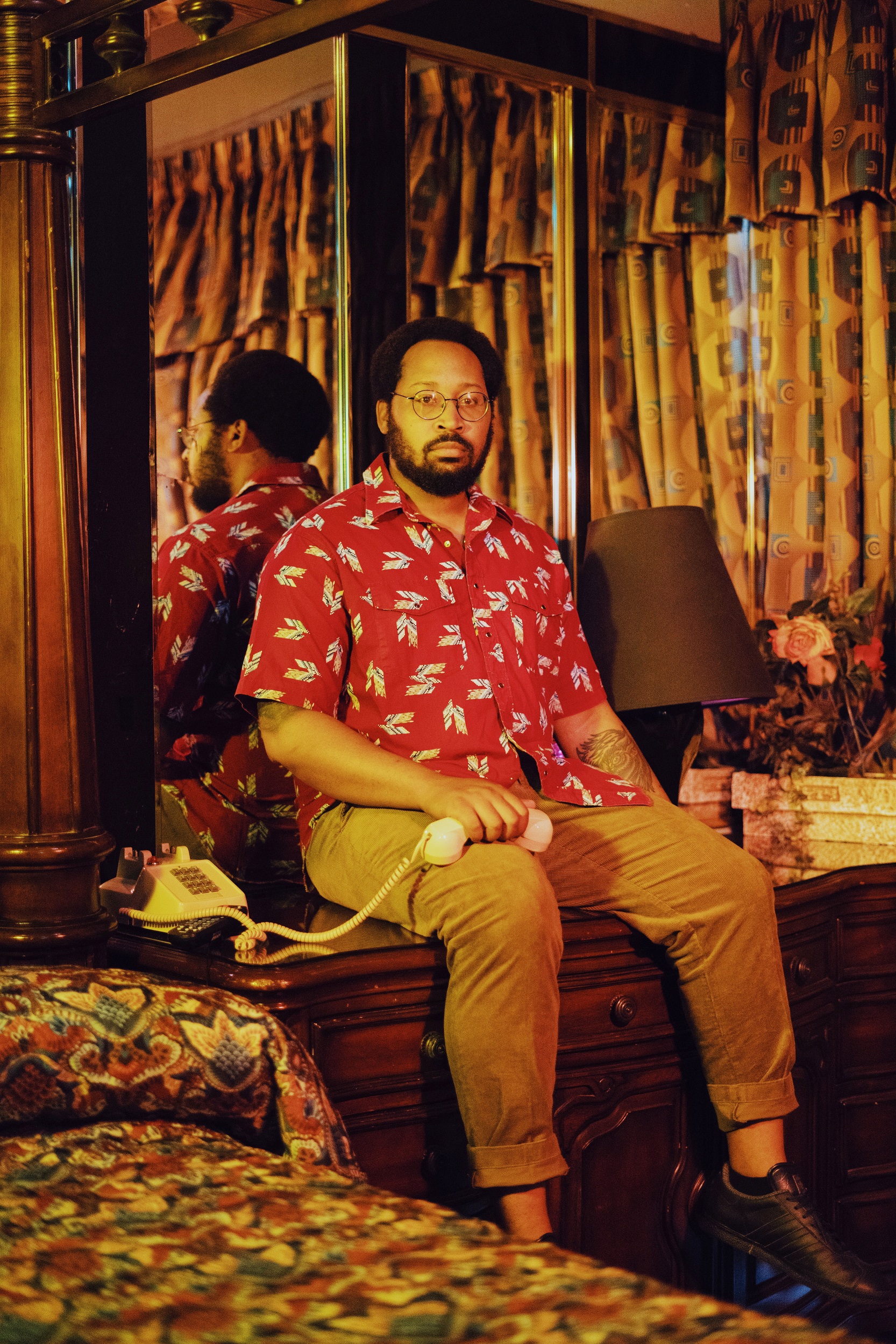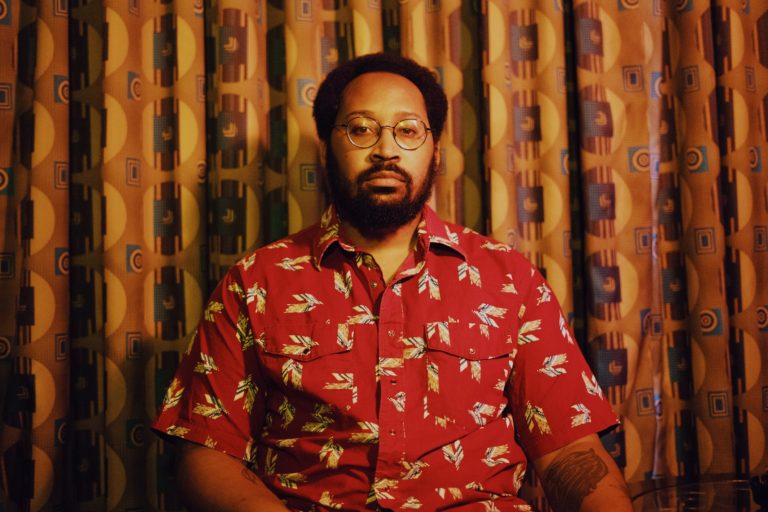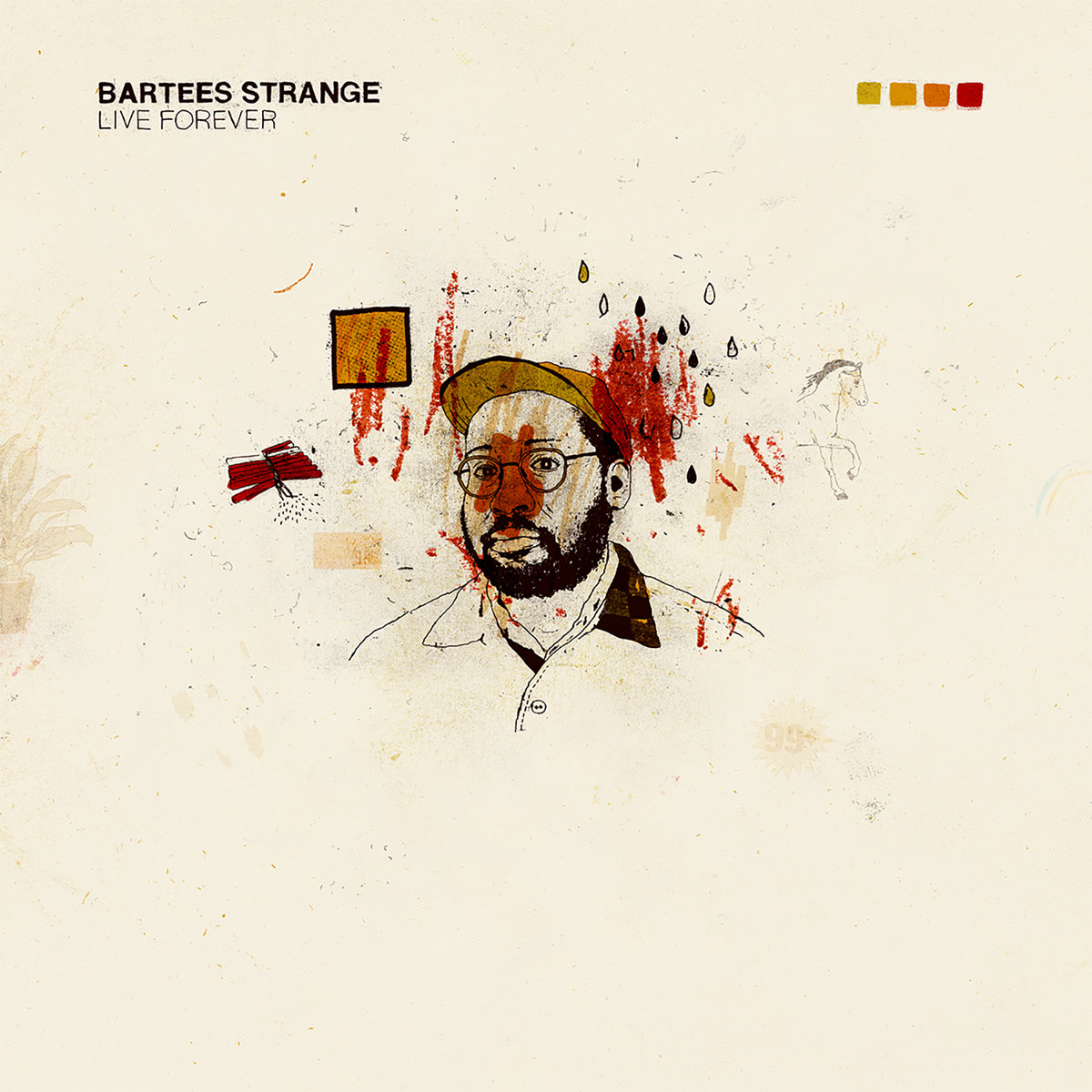Back in 2018, we wrote about Magic Boy, an album by Bartees Strange under the moniker Bartees & the Strange Fruit that charted intensely personal waters in order to elucidate a wider experience. It was a record that didn’t want to be about racism but had to be nonetheless. Strange’s writing “serves as a lesson,” we wrote, “making the point that racial trauma permeates every aspect of the Black experience, so that even tender songs about family and friends and lovers are haunted by the chronic spectre, and a constant sense of exhaustion lingers.”
This extends beyond the ordinary lived experience and into art too. Certain spheres, be it indie rock music or literary fiction, are still dominated by the White voices, and even when trying to reach for some degree of representation, the forces that be so often reinforce the notion. Black authors win acclaim for novels about slavery, or explicit confrontations of racism. The only space for Black voices is within a small, fenced off subsection. An entire community of artists only allowed to belong by centering their otherness, even within mediums and genres that they themselves created before the co-option and slow erasure began.
Bartees Strange faced the issue earlier this year with Say Goodbye To Pretty Boy, a covers EP of songs by The National which was released on Brassland, the label owned by Aaron and Bryce Dessner. Both a love letter to one of indie rock’s biggest winners and an attempt to recenter the Black voice in the genre’s history, the EP presented reinterpretations rather than duplications, Strange’s unique take on some of The National’s best known songs. “They try to tear that black dot off the surface, but it’s still there,” Strange said, citing the image on the album’s artwork. “This black dot represents attempts to undersell the contributions black people have made to genres like indie rock music. Despite the lack of credit, we’re still here and we’re adding to these scenes everyday.”
 This autumn will see the release of the debut Bartees Strange record, Live Forever, via Memory Music. While continuing Strange’s exploration of his place within music as a Black individual, the album also feels like a landmark within his oeuvre. The moment where, having laid the groundwork with previous releases, he fully arrives, unapologetic, subscribing to no conventions or expectations, be they racial, cultural or stylistic. “I didn’t let myself be seen,” he sings on lead single, ‘Mustang’. “I held myself down so I could make people feel more comfortable around me.” This is Bartees Strange unbarred, an identity multifaceted and complex in which every conflict, confusion and idiosyncrasy is held aloft.
This autumn will see the release of the debut Bartees Strange record, Live Forever, via Memory Music. While continuing Strange’s exploration of his place within music as a Black individual, the album also feels like a landmark within his oeuvre. The moment where, having laid the groundwork with previous releases, he fully arrives, unapologetic, subscribing to no conventions or expectations, be they racial, cultural or stylistic. “I didn’t let myself be seen,” he sings on lead single, ‘Mustang’. “I held myself down so I could make people feel more comfortable around me.” This is Bartees Strange unbarred, an identity multifaceted and complex in which every conflict, confusion and idiosyncrasy is held aloft.
After ‘Mustang’ announced just how forceful and energetic this would sound, Strange recently released new song ‘Boomer’, which only amps up the promise of the record. Wrapped up within a tense, binding rhythm, the track blows anyway distinctions of genre and mood alike, drawing on pop punk, R&B and blues rock, as well as a marbled blend of optimism and fatalism, to craft a sound that’s both celebratory and nervous, and the most uninhibited we’ve heard Bartees Strange to date.
Live Forever will be released on the 2nd October via Memory Music and you can pre-order it now.
Photos by Bao Ngo, artwork by Corey Purvis


